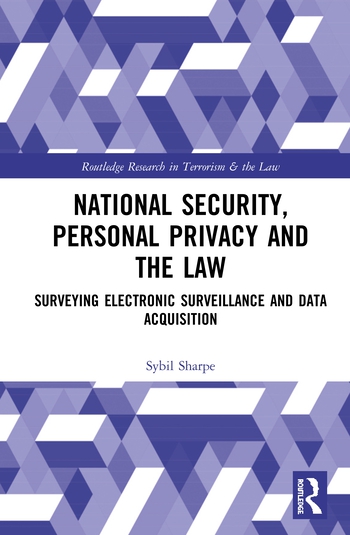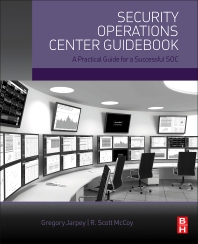The National Consumers League (NCL) has released its annual report on the top scams reported to its national Fraud Center, finding that the most frequently reported scam to NCL’s Fraud Center in 2011 involved bogus prizes and sweepstakes, with fake check scams and emotion-based pitches involving scammers posing as loved ones appearing in the top ten.
Another finding is that scammers appear to have targeted their scams at particular age groups more than ever in 2011. For example, complaints involving bogus prizes, sweepstakes, and free gifts made up 26.98 percent of complaints overall. However, among consumers ages 56-65 and above 65, these types of complaints made up 40.96 percent and 60.12 percent of the total, respectively. Similarly, fake check scams made up 26.65 percent of complaints overall. Among consumers age 18-25, fake check scam complaints made up 45.74 percent of the total.
New to the Top Ten Scams list this year is the Family/Friend Imposter Scam, the 9th most frequently reported type of fraud. In response to a rash of complaints, NCL’s Fraud Center began tracking this fraud (also known as the “Grandparent Scam”) in 2011. In these scams, a con artist typically poses as a relative in distress or someone claiming to represent the relative (such as a lawyer or law enforcement agent). The scammer frantically describes an emergency situation in which they have found themselves (such as being arrested, in an auto accident, in need of a lawyer, etc.) and asks the victim to send money for bail, lawyer’s fees, hospital bills, or other expenses. The victim is urged not to tell anyone, such as the parent of the “grandchild” because they do not want them to find out about the trouble they've gotten themselves into.
According to the group, the majority of money lost was sent via wire transfer, a popular payment method among scammers because of the difficulty to track – and particularly devastating to consumers because of the improbability of recovering lost funds.
For more information on NCL’s 2011 Top Ten Scams report, click here.








